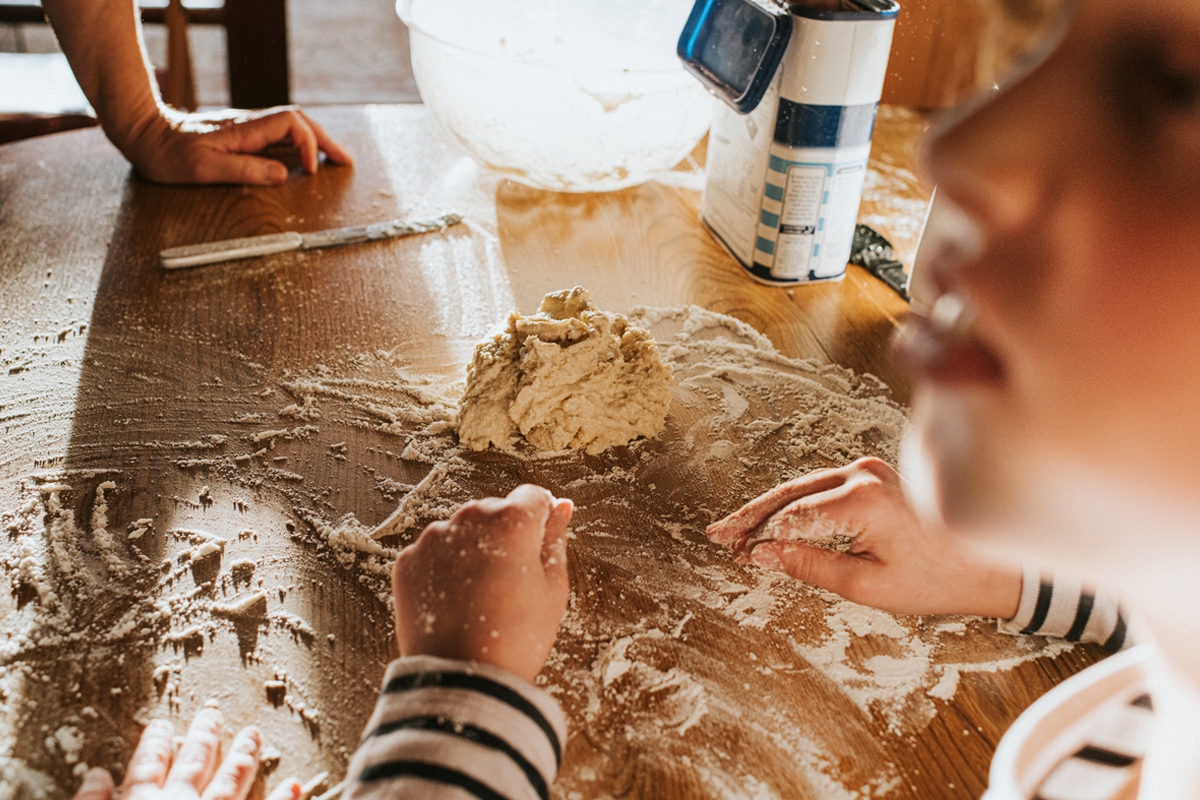Thursday, April 2, is World Autism Awareness Day. I realize in these days of COVID-19 it may seem insignificant — we are all focused on the difficulties and unpredictability of what this pandemic means for us, individually, and the world at large.
However, being the mother of a 12-year-old with severe autism, coronavirus really hasn’t shaken me much. Is it inconvenient? Yes. But anxiety provoking? Not terribly. For people in circumstances like ours, it’s just another day in the life.
Now, don’t get me wrong: I miss the daily 7 a.m – 4 p.m. reprieve of busing and school. The lack of routine is very hard for my son, Josh, and the limitations of special needs remote learning are even worse for him since he needs constant assistance and supervision. But the other stuff, like the inability to work because of unpredictable circumstances? Check. The limited amount of food supplies? Check. I’ve been hoarding Josh’s preferred products for years, as he is incredibly brand-conscious and sensitive to textures (don’t even try to offer him a potato chip with ridges. We bought these for Passover one year instead of the standard ones — big mistake). Yes, I’ve had to replace these things as they’re consumed, but I usually buy these items so far in advance that we’re good to go for quite a while.
The social distancing? For Josh, it’s a standard function of autism, so he isn’t really missing personal interactions. What’s become of my social circle — or, rather, lack of it — is an entirely different story. When Josh was little, things like temper tantrums and messy eating habits at a social gathering were manageable, tolerated, or even accepted with an accompanying wry grin or comment.
As he ages and grows, however, such behaviors become far more noticeable, intense, and harder to contain. The further his developmental age moves from his chronological age, the more visibly uncomfortable people become around him, and we around them. The result is frequent social isolation for me, but it’s often easier to deal with than the social awkwardness of being a special needs mom in a neurotypical parenting society.
Spending Passover alone? My husband, son, and I have been on our own for the seder for several years. Wondering how you’re going to get everything ready? Do what I’ve done every year: buy prepared food for the first few days and focus on getting your home as prepared as it needs to be. Yes, I’m nervous as to how to rid my home of chametz with my uncontainable, always-needs-to-be-supervised son at home 24/7. But I’ll do what I can, throw out what I have to, and manage because there’s no other option. There has been a great deal of sensory play this week involving oats, flour, cornstarch and baking soda — food products which will end up in the trash but will have served a purpose. If he’s feeling artsy and there’s no paper upon which to paint there’s always the bathtub and tile walls since the paint is washable. It’s about two things: survival and sanity.
Am I concerned with the unpredictability of my health given the state of the world? Yes, but it’s just another looming thought in my head. Since the day of Josh’s diagnosis, I’ve had to accept my limitations, and that includes my mortality. I’m aware that one day I won’t be here and I must prepare for that; I also know that, despite the scariness of a future unknown, I have to focus on the present, accept the situation that is mine, and experience as much joy, love, and spontaneity as I can in every moment that my family is given.
This year, when we’re sitting at the seder and asking the question, “Why is this night different from all other nights?” the difference won’t be as stark for us as it is for others who have never had this experience. What I hope is that by this time next year, COVID-19 will be a distant memory; and when we recall both our exodus from Egypt and Passover 2020, we keep in mind those who have some sense of this experience daily, be they in sickness or health.
Maybe then there will be a renewed consciousness of World Autism Awareness Day in 2021; maybe more people will drop an autism parent they know a line via text, phone call, or even an old-fashioned card letting them know they aren’t forgotten. Then we would truly be one step closer to an understanding and awareness of autism than we were the year before.
Image by Catherine Falls Commercial








